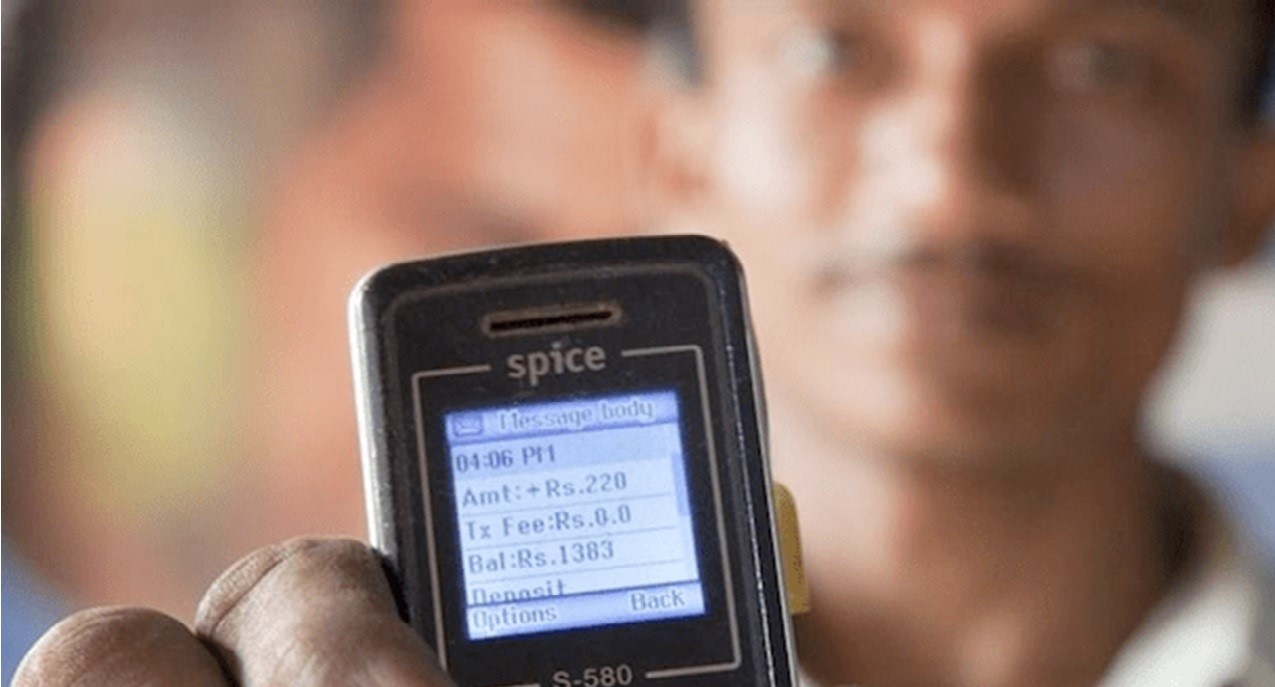
This Innovations for Poverty Action project aims to improve access to mobile phone financial services for financial transactions amongst Bangladesh’s vulnerable population. Dr Zaki Wahhaj, Reader in the School of Economics, has taken on the role of Principal Investigator on the project. Maliha Rahanaz, PhD student in the School of Economics, will serve as Co-Investigator on the project.
In 2016[1], the Bangladesh Ministry of Social Welfare began digitizing the disbursement of three types of social protection payments — Old Age Allowance, Widow Allowance and Disability Allowance — directly into newly opened bank accounts for beneficiaries. In early 2021, the government further updated the programme and now the majority of new beneficiaries receive government transfers directly into their Mobile Financial Services (MFS) accounts. While this new system has many benefits, there are concerns regarding beneficiaries’ withdrawal experience and their awareness and usage of MFS accounts for broader financial inclusion. This study aims to test two programmatic interventions to address the market frictions that beneficiaries face.
We asked Wahhaj what kind of impact he hopes the project will have?
‘The research has been designed to help policymakers understand better whether and how new digital financial technologies can be used to improve financial inclusion of vulnerable and marginalised populations. The timing is important because of the sharp increase in the use of mobile financial services in a range of developing countries in recent years, including Bangladesh. We also hope that the evidence we generate will help policymakers in other countries develop effective strategies to digitise social protection payments.’
How did the collaboration come about?
‘I was approached by Innovations for Poverty Action to design an intervention aimed at improving knowledge and awareness about MFS accounts among social protection beneficiaries in Bangladesh (who have recently been moved to a digitised system involving transfers via mobile money accounts), as a way of improving their financial inclusion. The issue is of great interest to me, particularly as it is closely linked to my previous work on the potential role of microfinance in improving financial inclusion of marginalised populations in developing countries.’
Discover more about this research here.
[1] https://www.cgap.org/blog/new-generation-government-person-payments-emerging




